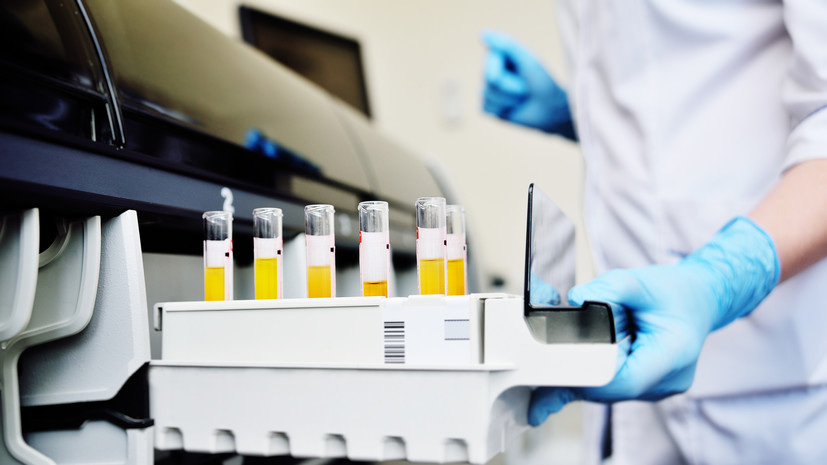The doctor believes that the disease can be suspected by the clinical picture, “by concomitant diseases, and then confirmed by genetic tests.”
“An examination to establish a diagnosis is carried out once in a lifetime, and then, depending on the disease itself, the patient’s condition is monitored and treatment is selected,” he noted.
In addition, Bolibok notes that you can live your whole life and not know about the disease.
“There are patients with hereditary defects in the functioning of the immune system.
This mainly manifests itself as an otherwise unexplained increased incidence of various infections.
I had a patient with an inherited immune system defect (selective immunoglobulin A [IgA] deficiency).
She lived happily all her life, but at the age of 67 she fell ill with pneumococcal pneumonia, and still did not recover.
Therefore, her attending physician decided to schedule a consultation and examination with an immunologist.
Well, they found it,” the doctor shared.
Every year on February 28 (or February 29 in leap years) International Day of Rare (Orphan) Diseases is celebrated.
In Russia, orphan diseases are considered to be those that occur in no more than ten people per 100 thousand population.

